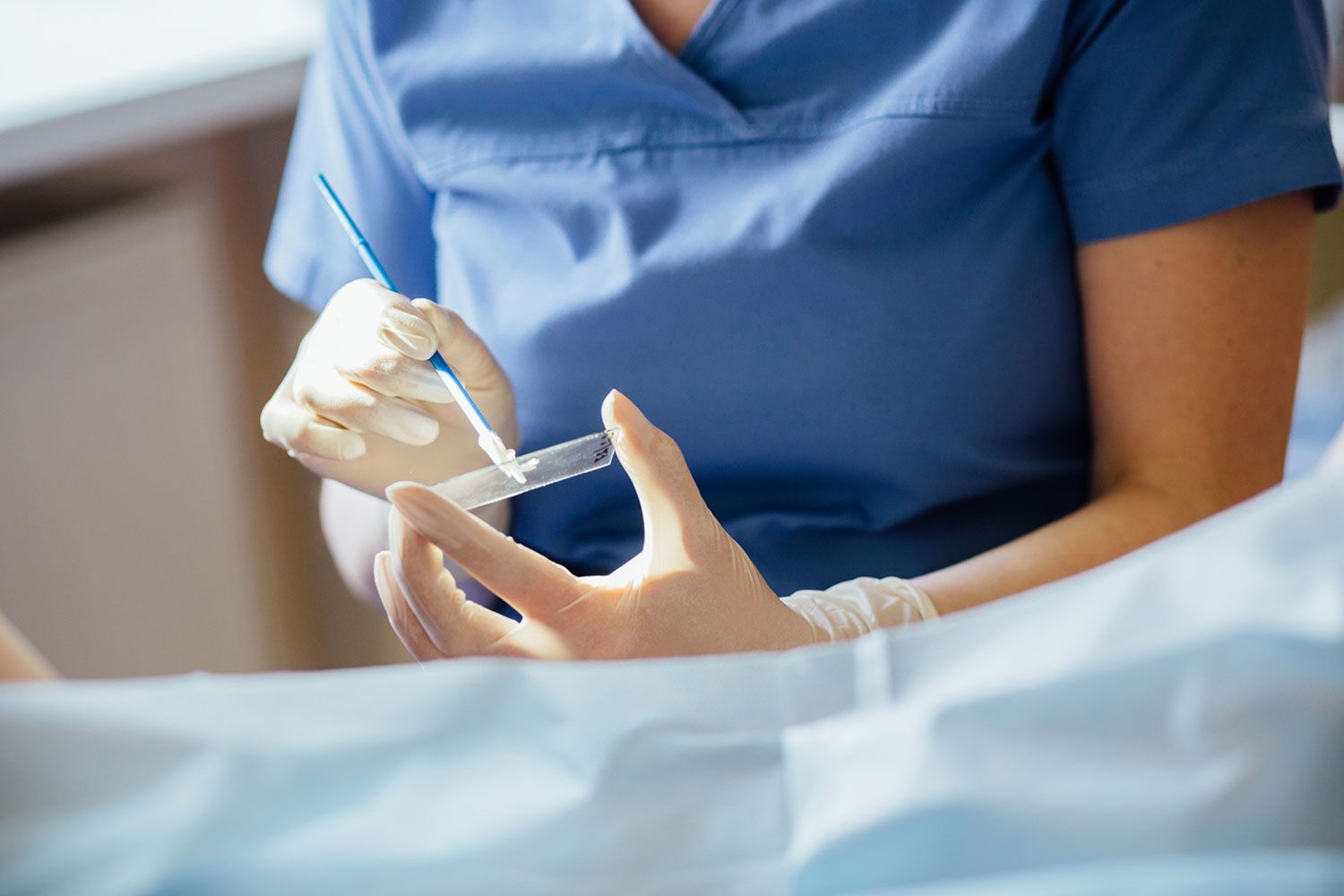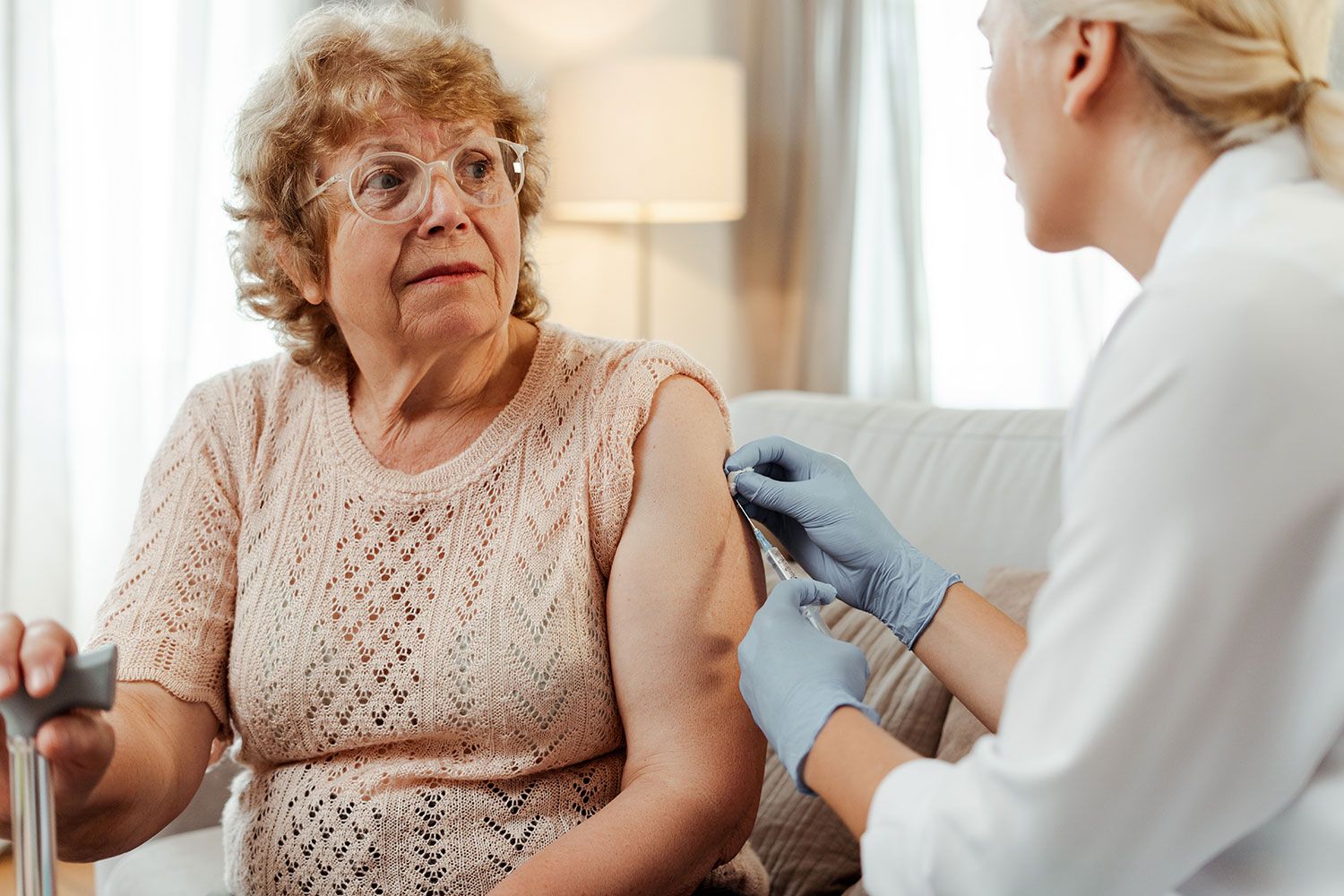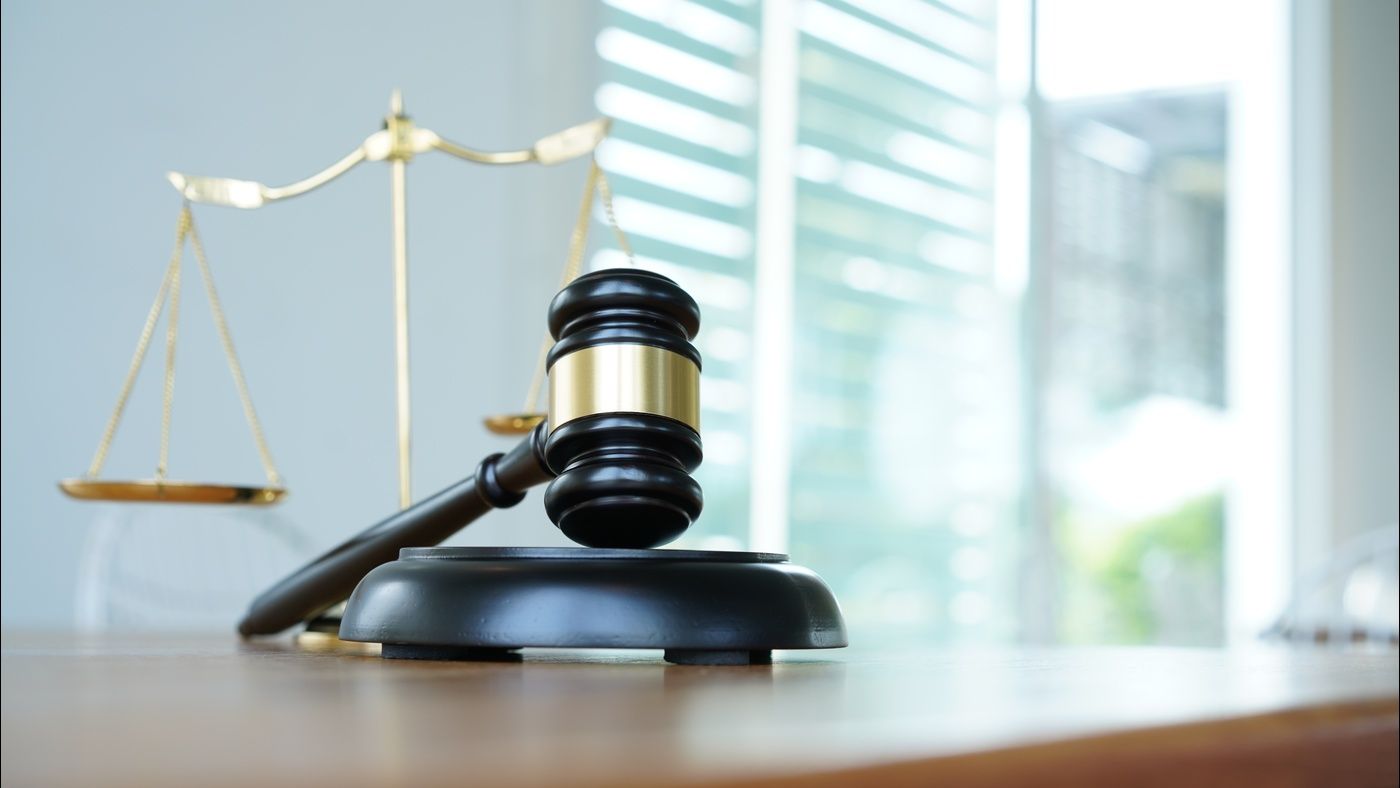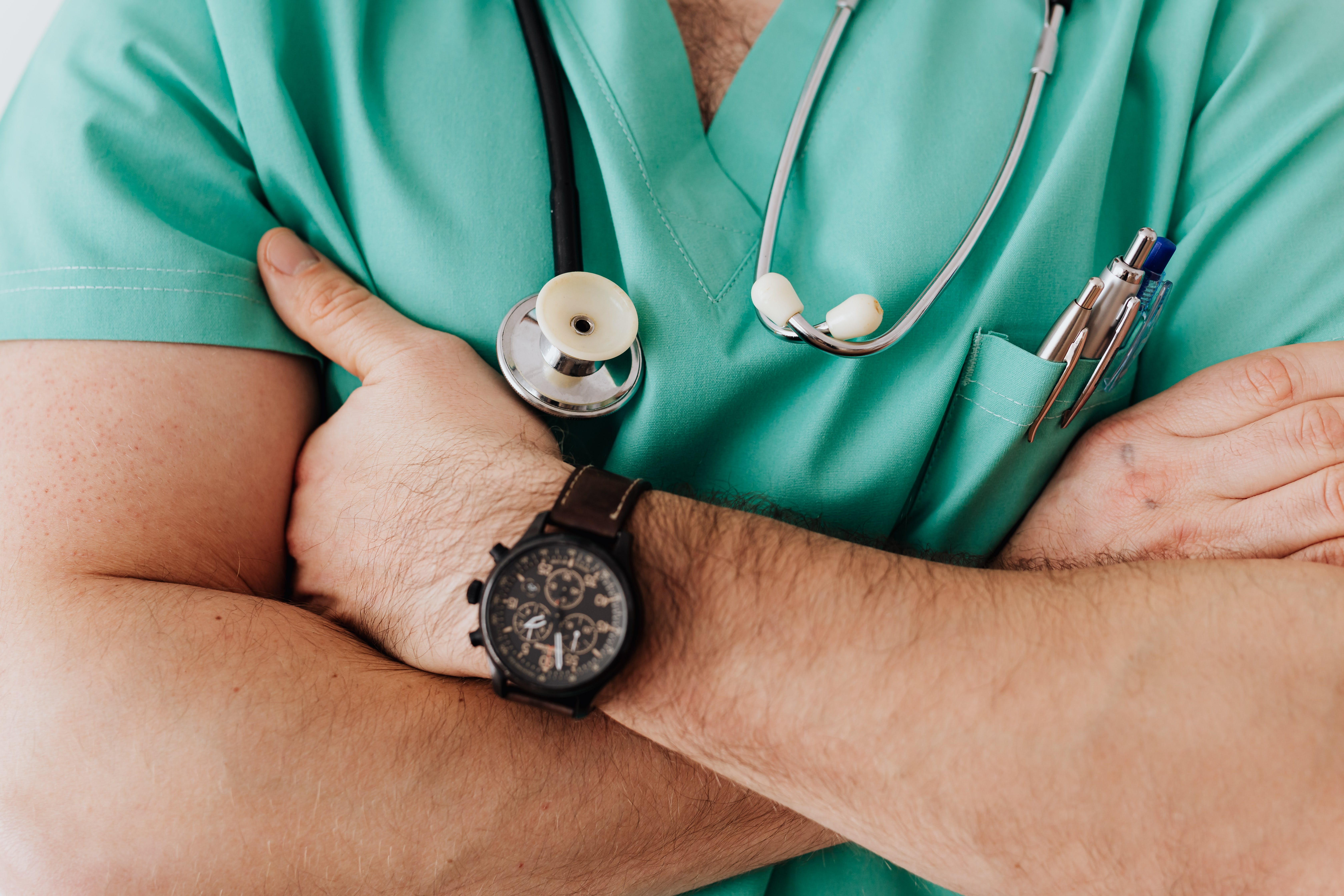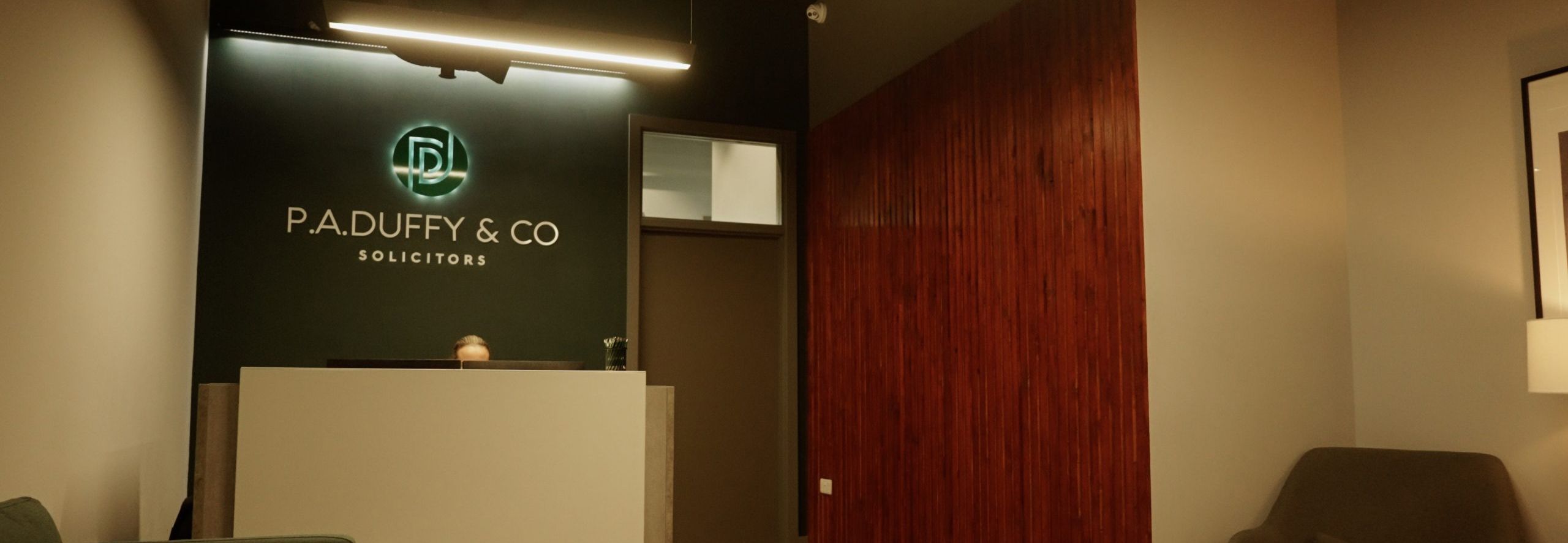
Defective Medical Device Claims
Defective medical device claims include metal-on-metal hip replacements, knee replacements, faulty defibrillators and pacemakers, defective surgical mesh, PIP breast implants, etc. Claims can arise where such devices fall below an acceptable standard and complications arise for patients.
no obligation

What are defective Medical Devices?
The use of medical devices has become relatively common and is used most regularly for hip joint or knee replacements, heart monitoring devices, cosmetic implants, and surgical mesh. Medical devices are generally tested rigorously before use in surgery to ensure their effectiveness and safety. Unfortunately, sometimes the medical devices used fall below an acceptable standard and cause complications for patients. This has become more evident in recent years, particularly considering the recent scandals concerning defective surgical mesh and PIP breast implants.
Metal-On-Metal Hip Replacement Claims – These devices have been shown to fail much earlier than expected and may cause injury due to metal particles released as the implants wear over time. This can have serious consequences, including the need for additional surgery in some cases.
Knee Replacement Claims – Claims are often made due to issues occurring because of the way the knee replacement was fitted, the product being defective, further injury being caused because of the product being fitted incorrectly and knee replacement complications leading to further surgery.
Faulty Defibrillator Claims – The device failing can either result in unnecessary shocks, causing discomfort to the person wearing it, or the failure to provide a lifesaving shock if an irregular heart rhythm develops.
Cochlear Implant Claims – Defective cochlear implants can cause painful sounds and the distress of having more surgery to get the implant replaced. There is no simple fix to a faulty cochlear implant – and in some cases, these problems are the responsibility of the implant manufacturer.
Sorin Stochert 3T Heater – Cooler Claims – Sorin Stockert 3T Heater-Coolers are used to keep patients at the right temperature during heart surgery and other complex surgical procedures. It is believed that some of these devices have become contaminated with Mycobacterium chimaera and that the devices are passing bacterial infections on to patients. The bacterium is very resistant to antibiotics and additional surgery may also be required to replace implants if they have been infected.
Faulty Pacemaker Claims – Pacemakers are a very useful device to help people with heart problems regulate their heartbeat. While most pacemakers work effectively, a manufacturing fault has been identified in some of the devices which means they do not operate effectively. Such issues would likely be the responsibility of the manufacturer.
Poly Implant Prostheses (PIP) – PIP implants are silicone breast implants that contain a defective silicone gel. Approximately 47,000 women across the UK had PIP implants fitted and many have been experiencing complications. While the use of PIP implants has now been banned, many women have been living with the implants and are fearful that they might rupture resulting in serious health problems.
Surgical Mesh Implants – These implants have been used to treat women suffering from Pelvic Organ Prolapse and Stress Urinary Incontinence. The use of surgical mesh has been under intense scrutiny in recent years as hundreds of women have reported serious complications and have made claims for compensation against the manufacturer and the NHS.
FAQs
How Can We Help?
Given the serious consequences of being treated with a defective medical device, manufacturers and healthcare providers must ensure that products are safe before using them on patients. If they fail to do this and a patient suffers loss and damage, then they can claim compensation.
Our product liability and medical negligence solicitors in Belfast, Dungannon & Dublin will advise you on the most appropriate course of action. This may involve suing the product manufacturer for creating a defective product or the healthcare provider for failing to fit the device correctly or failing to adequately warn the patient of the potential risks associated with the device. In some cases, it will be necessary to sue both the manufacturer and the healthcare provider as fault may lie with both.
How much compensation will I receive from a successful defective medical device claim?
The compensation you can expect for a successful defective medical device claim can vary widely depending on several factors. These factors include the severity of your injuries or damages, the specific circumstances of your case, the strength of your evidence, the jurisdiction in which you file your claim, and the nature of the defective medical device involved.
If you speak to us about your case, we will be able to give you an initial idea of the range of compensation that is generally awarded for the type of complications you have sustained.
How can I finance a defective medical device claim against a manufacturer or healthcare provider?
We know that funding a compensation claim might be a worry, so we offer a range of options.
These include:
Legal Aid · Legal expenses cover
After the Event insurance (ATE insurance)
Private payment
What is the time limit for bringing a defective medical device claim?
For an adult, there is a three-year time limit for bringing a medical negligence claim. This is known as the limitation period. It runs either from the date of the negligent incident or the date that you became aware of the injury you suffered.
In the case of a child, the three-year time limit runs from the date of their 18th birthday.
Get in Touch
Speak to us with No Obligation
Contact Our Solicitors
Please fill out the simple form below and we will contact you as soon as possible







